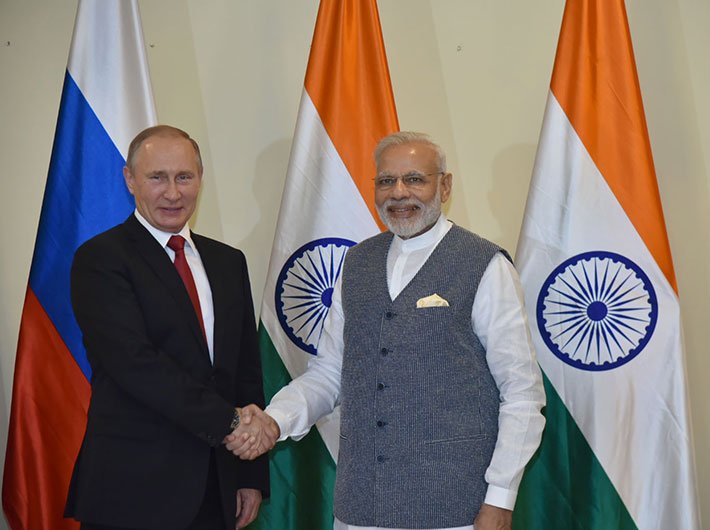Social movements from 10 countries bring out a declaration for ‘social, economic and environmental justice’
Ahead of the BRICS Summit, underway in Goa from Saturday, a clutch of civil society movements from 10 countries came together in Panaji under the banner of ‘The People’s Forum on BRICS’ and brought out a declaration of their demands.
They have urged upon the BRICS nations – Brazil, Russia, India, China and South Africa – “to look at issues of social, economic and environmental justice” and “reminded the BRICS leadership of a time of an unprecedented crisis facing humanity and nature”.
The forum, which met on October 13-14, has emphasised “the threat that several democracies across the world are facing from reactionary and imperialist forces and has in particular drawn attention to the coup in Brazil that has overthrown a people’s government. The representatives also noticed with great concern the state repression of people’s movements and student’s protests in countries including India and South Africa”, according to a statement.
The declaration also points out the massive ecological destruction taking place around the world, “led by corporations and in collusion with the state”. Goa, the site of the, summit is ironically at the receiving end of this destruction, it said.
Excerpts from the statement:
* The teetering world economy is on the verge of another financial meltdown resulting in stocks and currency market crisis in many of the BRICS countries. The longer-term crisis of capitalism is evident in the marked slowdown in international trade, in declining global profit rates, and in business disinvestment, especially evident in the three BRICS which have negative or negligible GDP growth.
* The world’s workers are losing rights, farmers are suffering to the point of suicide, and labour ‘casualisation’ is rampant in all our countries, with the result that BRICS workers are engaged in regular protest and wildcat strikes, of which the strike by 180 million Indian workers inspired the world on September 2.
* On the social front, the threat to our already inadequate welfare policies is serious, especially in Brazil’s coup regime but more generally across the BRICS where inadequate social policies are not providing adequate safety nets.
* The commodification of public services is causing misery, such as in South Africa where university students are fighting hard for a fee-free, decolonised tertiary education.
* Everywhere that people’s movements have made countervailing demands – such as democracy, peace, poverty eradication, sustainable development, equality, fair trade – the elites have co-opted our language and distorted our visions beyond recognition. Many of our leaders are hopelessly corrupt, and so when BRICS spin doctors claim that their work in Goa will “build responsive, inclusive and collective solutions”, we have spent two days looking beyond the pleasing rhetoric and have found a very different, harsh reality.
* In short, whereas we criticise the way world power is created and exercised, the BRICS leaders appear to simply want power sharing. To illustrate, the BRICS New Development Bank is working hand-in-glove with the World Bank; the Contingent Reserve Arrangement empowers the International Monetary Fund; and the Asian Infrastructure Investment Bank serves mainly corporate interests – and all these financial institutions lack opportunities for adequate civil society monitoring and participation.
*As a result, the Forum has raised constructive critiques of BRICS in our plenaries and workshops. But beyond the analysis, we understand that only people’s power, across borders, can make change. Some of our most successful struggles – such as access to life-savings medicines or ending apartheid – required international solidarity. This Forum found many routes forward for cross-cutting BRICS internationalism in various sectors.
